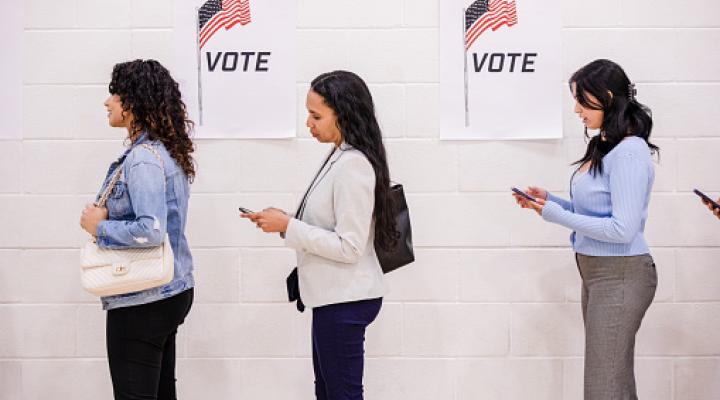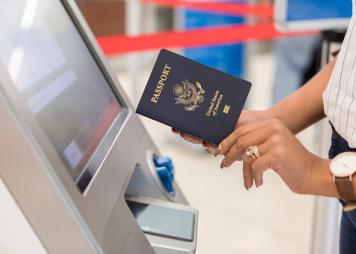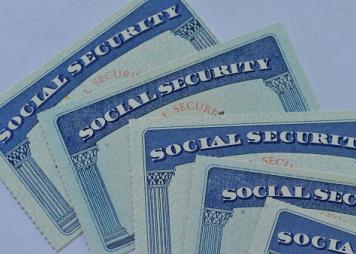Status Changes After Naturalization

When you become a U.S. citizen through the process of naturalization, your legal status changes from a Lawful Permanent Resident (green card holder) to that of a U.S. citizen. This change in legal status grants you certain rights and responsibilities that are not available to green card holders.
Once you successfully complete the naturalization process and take the Oath of Allegiance, you become a U.S. citizen. At that point, you can obtain a Certificate of Naturalization as proof of your citizenship. This certificate can be used to update your legal status with various government agencies, such as the Social Security Administration or the Department of Motor Vehicles.
Updating Your Records After Naturalization
After you naturalize and become a U.S. citizen, it is your responsibility to update various government agencies and organizations about your new citizenship status. The U.S. Citizenship and Immigration Services (USCIS) does not automatically update your records with other government agencies once you become a citizen.
Here are some of the key agencies and organizations you may need to inform:
- Social Security Administration (SSA): You will need to notify the SSA of your citizenship status change to ensure your Social Security records are updated. This is important for various purposes, including employment, taxes, and benefits
- Department of Motor Vehicles (DMV): You should update your driver's license or identification card with your new citizenship information. This will usually require providing the necessary documentation and visiting a DMV office
- Internal Revenue Service (IRS): You should update your citizenship status with the IRS for tax purposes
- Passport Agency: If you plan to apply for a U.S. passport, you will need to submit your Certificate of Naturalization as proof of citizenship
- Voter Registration: Once you become a U.S. citizen, you can register to vote and participate in elections. You will need to update your voter registration accordingly
- Employer and Educational Institutions: If you are employed or enrolled in educational institutions, you may need to update your citizenship status with your employer or school
- Financial Institutions and Credit Bureaus: You may need to update your citizenship status with banks, credit card companies, and credit bureaus
It is essential to proactively update your records with these agencies and organizations to ensure a smooth transition and to access the rights and benefits that come with U.S. citizenship. Keep in mind that specific procedures and requirements may vary depending on the agency or organization. It's advisable to contact each agency directly or visit their official websites to understand their specific procedures for updating your citizenship status.
The information provided on www.onepercentforamerica.org is intended for general informational purposes only. It should not be considered as professional advice or a substitute for seeking professional guidance.



